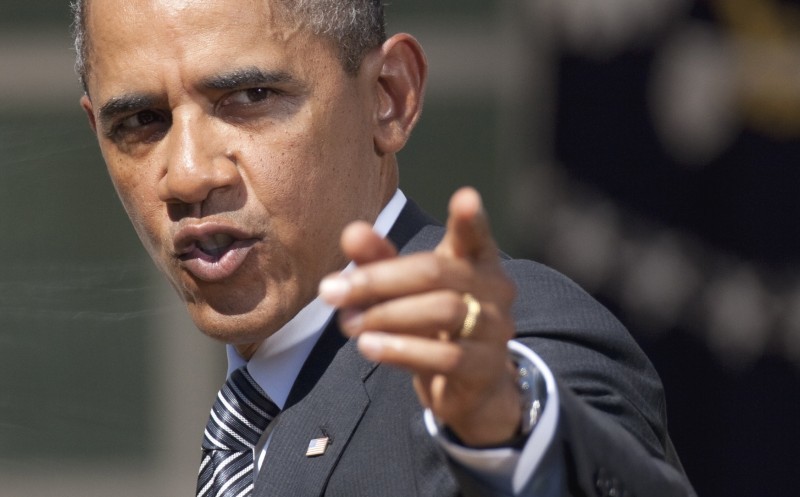The Obama Administration’s $476 billion six-year transportation reauthorization proposal — included as part of its FY 2013 budget submission — has met with indifference if not outright skepticism in the Washington transportation community.
The proposal comes at a time when both houses of Congress have already developed and are actively pursuing their own versions of reauthorization legislation. It is a close replica of the FY 2012 reauthorization proposal — a proposal that had been soundly rejected last year by the Republican House and the Democratic-controlled Senate alike. And the White House proposal is viewed — both in its levels of spending and its approach to funding — as totally disconnected from political reality. The New York Times called it “more a campaign document than a legislative proposal.”
Double Legislators’ Bills
The six-year budget provides $305 billion for highways, $108 billion for transit, and $47 billion for high-speed rail. It calls for an average funding level of $79 billion a year — almost double the $40 bill to $42 billion a year proposed in the House and Senate reauthorization bills.
The total spending authority over six years would exceed the expected revenues by $231 billion. To offset this deficit, the Administration proposes to use “savings” achieved from “reduced Overseas Contingency Operations” — bureaucratic jargon for ending military operations in Iraq and Afghanistan. Such offsets have been dismissed as “an accounting gimmick,” “imaginary” and “meaningless” by both Republicans and Democrats on the Senate Budget committee during recent hearings on the Administration’s bill.
Pretend Payments
The White House has not helped itself by announcing, “After the six-year reauthorization period, the Administration is committed to working with the Congress on a financing mechanism.” (p.158 of the DOT budget). In effect, the White House is saying, “Let the next Administration figure out how to pay for the program. For our part, let’s just pretend it’s paid for with an imaginary ‘peace dividend’ from ramping down overseas military operations.”
Senate Minority Leader Mitch McConnell (R-KY) has called the FY 2013 budget submission “so unserious and political that even members of the President’s own party don’t want to have anything to do with it.”
Sen. Jeff Sessions (R-AL), the Budget Committee’s ranking member, described the proposal as “not connected to reality.”
Few Congressional aides we have talked to had anything charitable to say about it. In sum, the White House reauthorization proposal, like its FY 2012 version, is considered “dead on arrival.”
As one Washington wit put it, “It makes you wonder why the Administration keeps coming up with the same proposals over and over again and expecting different results. Didn’t Einstein say . . . ?”
C. Kenneth Orski ([email protected]) is editor and publisher of Innovation Briefs. Used with permission.




